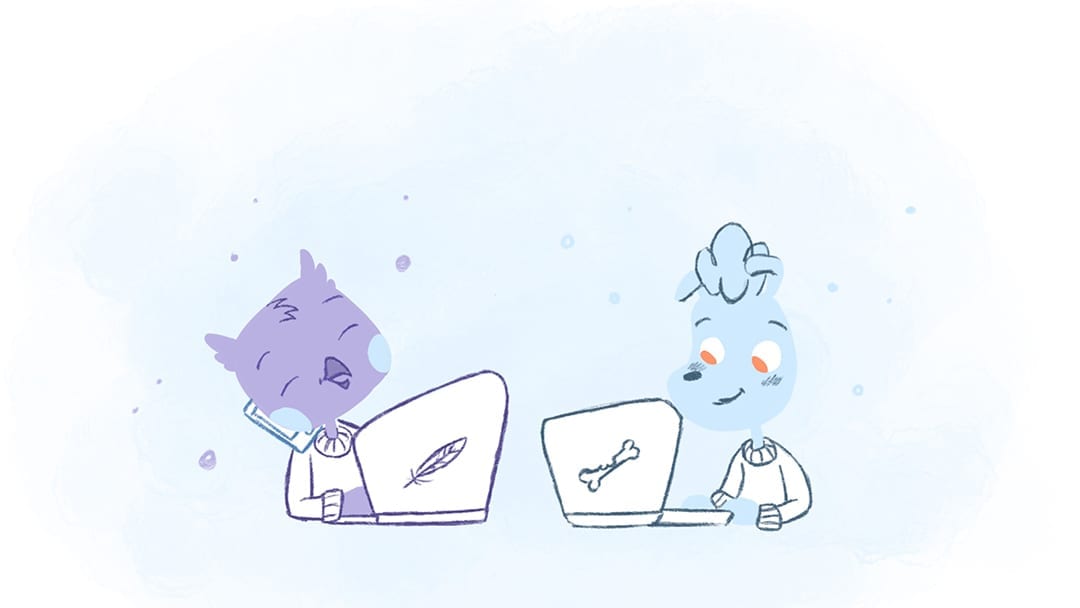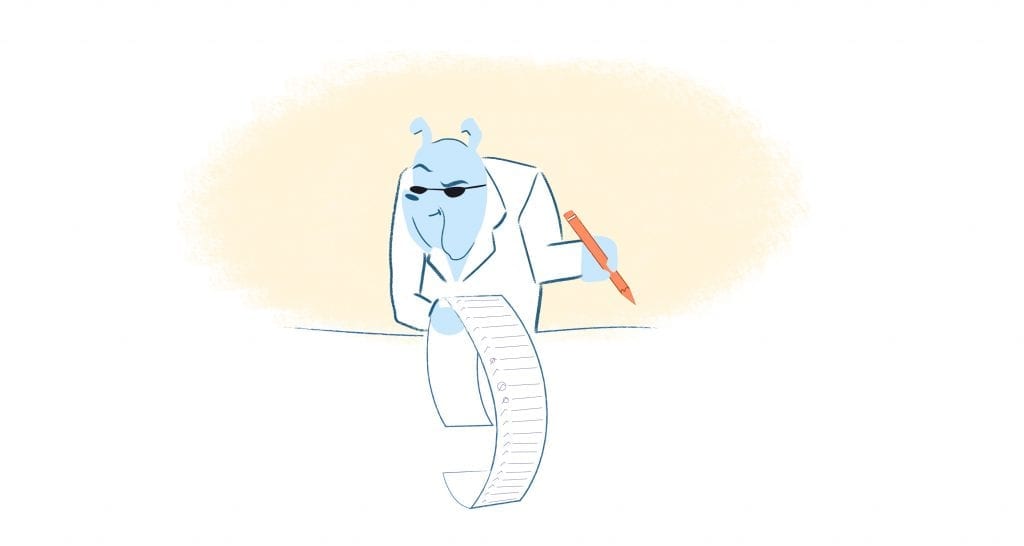

The rise and spread of technology over the past ten years have done a lot of good. It’s eliminated many remedial tasks, created new opportunities for connection and made daily life more comfortable. For all of that, there’s much to be thankful for. That being said, people are not necessarily happier now than they were before smartphones, Spotify, and Facebook existed. Here are 10 reasons why new technologies are killing productivity.
Some people can use technology to complement their lives in a very positive way, but many, unfortunately, fall prey to the negatives of new technology.
From a productivity standpoint, technology can have a significant impact. A platform like Uber makes it easier and quicker to catch a ride, and that saves us time. On the other hand, we might spend that ride scrolling through Snapchat stories. In those cases, what did we accomplish?
Taking a moment and creating thoughtfulness about how tech might be hurting our output. Here are 10 reasons why new technologies are killing productivity.
1. They take time away from our most productive hours.
Everyone has parts of the day when they’re most productive. The distractions of email, social media, and instant messaging can detract from those productive hours.
Many people are responding to messages instead of using that time to challenge their brains and work on challenging tasks. Then, when they sit down to work, they’re not in the most productive state of mind to do so.
2. Notifications interrupt the flow.
When we get into a hyperfocused mode of work, called flow, we’re astoundingly more productive. We’re able to focus our entire being on the task at hand and attack it with rigor.
Messages and emails can interrupt this focus. A buzz in our pocket can distract our minds and direct them toward the person who messaged us. Although we can enter back into deep concentration, it typically takes several minutes — more than 23.
3. Technology prevents us from getting a productive start to the day.
A wave of messages and notifications instantly hits people who check their phone first thing in the morning.
Although this has become a norm for many, it’s not the best way to start the day. We have no idea what those messages say, and they can get our day started in unexpected ways. We wake up groggy and fending off challenges as opposed to tackling them head-on once we’re ready.
4. Unlimited access impacts our sleep.
The same can be said for going to bed. Talking with people late into the night can keep us awake. It’s easy to continue a conversation over text instead of going to bed when we need to.
If we’re with our phone until the last second, we close our eyes; we’re keeping our heads focused on those conversations. That makes it harder to quiet our minds and sleep peacefully.
5. Messages can create nagging anxiety.
After reading a message or email, it’s not uncommon to think about the content or formulate a response in our heads. That takes us out of the present and creates constant, nagging anxiety that doesn’t fade until a response is sent.
6. There’s more incentive to spend time creating a false image of ourselves.
With the emergence of social media platforms, there’s an incentive (in the form of friends, likes, and followers) to create an online image of ourselves.
From a productivity standpoint, it’s problematic when we focus on taking a perfect photo or making sure to film in a specific location. That’s not to mention that these thoughts can take us out of the moment and diminish our lived experiences.
7. The effort put into some responses is draining.
On top of some messages being anxiety-provoking, responding to them can be energy-intensive. Depending on the context, we might feel pressure to draft the perfect response, which takes mental effort.
We have a limited amount of energy each day. Putting that energy into online conversations takes it away from potentially more critical tasks.
8. Ambiguities and technological mistakes can create problems.
Our productivity can also take a dip as a byproduct of conversational ambiguities or mistakes.
Chatting with someone over text opens the door for erroneous interpretations. Plus, it’s not uncommon to accidentally send a message or do so reactively. It’s easier to click the “Send” button than say something in person, causing more emotional responses or even an accidental forwarding of a message to the wrong person. These mistakes lead to more effort spent fixing them.
9. We can waste time trying to do something in the most technologically efficient way.
There are times when we try to solve a problem using technology as opposed to manual labor. For example, if you’re trying to write 30 individual notes, you might try to automate them on your computer. Often, this can be effective and save time. In some cases, though, you might not know how to use the tech, winding up taking more time than you would have otherwise.
As we continue to adopt more technologies, this friction occurs with increasing frequency.
10. Real-time updates can create fixations.
Although instantaneously knowing your site’s page views or sales can be helpful, it can also create a fixation. It can take our heads away from the task at hand and put attention on the constant technological feedback we receive. It can transform from a nice-to-have to a need-to-have.
From a productivity standpoint, that can be detrimental as we send our thoughts to this feedback as opposed to other ideas or tasks. Worse, research has shown we lose, on average, 10 IQ points every time these incessant notifications bombard us.
Technology has given us a lot to be grateful for, but it’s also held us back in ways we may not have realized. Tweaking our habits can ensure our productivity is helped by technology, not hampered by it.











Nina Gass
Nina Gass is a content writer with a diverse background who understands the struggles of small business owners, freelancers, and company founders. Her content delivers insightful and actionable advice to improve time management, productivity, and sanity despite wearing numerous hats and juggling multiple responsibilities in work and life.